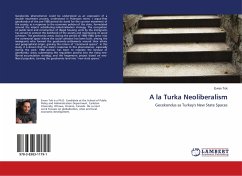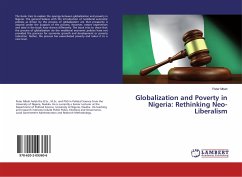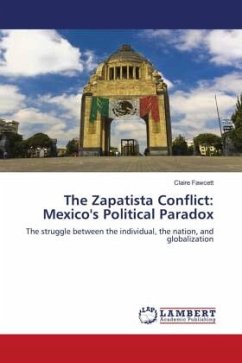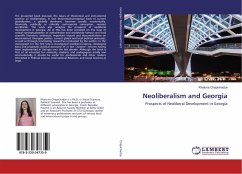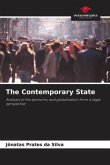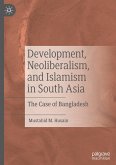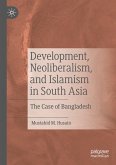Gecekondu phenomenon could be understood as an expression of a double movement process, understood in Polanyian terms. I argue that gecekondus of the pre-1980 period do stand for the counter movement of the society, as a response to the economic policies of the state, formulated around the import substituting industrialisation strategy. The occupation of public land and construction of illegal housing units by the immigrants has served to protect the livelihood of the society and maintaining its social cohesion. The gecekondu areas, during the period of 1960-1980, grew into the communal space where the social cohesion has been built, among the immigrants who formed the gecekondu settlements around their ethnic and geographical origin, gaining the nature of "communal spaces". in this study, it is shown that the state's response to this phenomenon, especially during the post- 1980 period, has been to regulate the landuse of gecekondu areas, submerging this regulation process into the rising neo-liberal accumulation strategy, and the hegemonic project based on neo- liberal populism, turning the gecekondu land into "new state spaces."
Bitte wählen Sie Ihr Anliegen aus.
Rechnungen
Retourenschein anfordern
Bestellstatus
Storno

